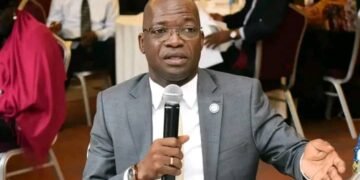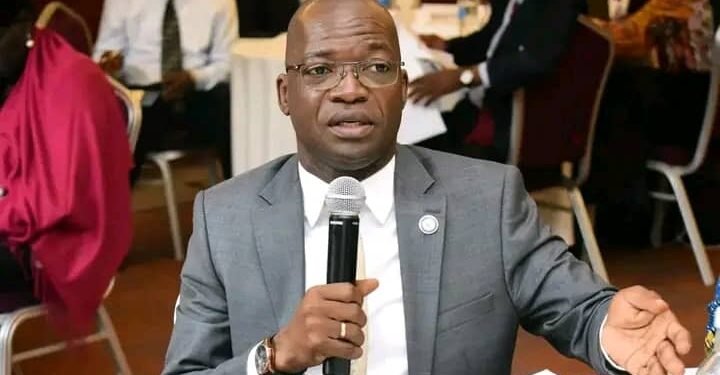The Undersecretary in the Ministry of Peacebuilding has called on the nation’s youth and elders to abandon violent traditions and outdated customs, advocating for a unified national identity.
Pia Philip Michael emphasized the importance of young South Sudanese rejecting cultural norms that have historically contributed to cycles of violence and inequality.
“I believe that some of our cultural practices are unsuitable for the 21st century,” Philip remarked during a storytelling conference in Juba last Friday.
“Traditionally, a man’s worth has been measured by his capacity for violence or how many people he has killed. But a person can be known for other, more constructive attributes,” he added.
Philip encouraged the youth to engage in open dialogues with their elders, challenging the longstanding narratives that have hindered South Sudan’s progress.
“During your conversations, it’s essential to express your views to your parents. If it was acceptable in the past, today’s generation seeks change,” he clarified.
“Do not continue the conflicts of your parents’ era. The issues of the 1960s are not relevant today. Chart a new course for yourselves.”
He highlighted the detrimental effects of forced marriage and gender inequality, urging families and communities to prioritize girls’ education and empowerment.
“We must move past outdated beliefs that girls should not pursue education or be compelled into marriage. A new way forward is essential for our future,” he stated.
Paulino Lukudu Obed, Deputy Governor of Central Equatoria State (CES), echoed the call for youth to move past blame and complaints, urging them to take proactive steps in shaping the nation’s future.
“A personal question for all of us is: Will we blame or complain? What impact will we make? We must act and endeavor to effect change. South Sudan needs its youth to think positively about what is best for our nation,” Lukudu expressed.
He cautioned that failure to take action would result in future generations being left behind.
“There is no room for blame or complaint. We either act now or remain passive watchers of our own struggles, ultimately fading into history,” he remarked.
The messages from both leaders mirror President Salva Kiir’s recent national address, where he inspired young people to steer the country’s development with unity, pride, and diligence, rather than through tribal allegiance or animosity.
In South Sudan, where youth represent 74% of the population, their role in peacebuilding is both vital and multifaceted.
While often linked to cattle raiding and inter-communal violence, many young individuals are stepping up as influential agents of change.
However, obstacles such as limited access to quality education, economic opportunities, and formal leadership roles often impede their potential in peacebuilding efforts.
Continued insecurity and marginalization restrict many young people from fully participating in peace initiatives.
Recognizing youth as essential peacebuilders has the potential to transform South Sudan’s future. Equipping them with education, skills, and inclusive platforms will empower a generation ready to transcend violence and contribute to lasting stability.
- Latest
- Trending












